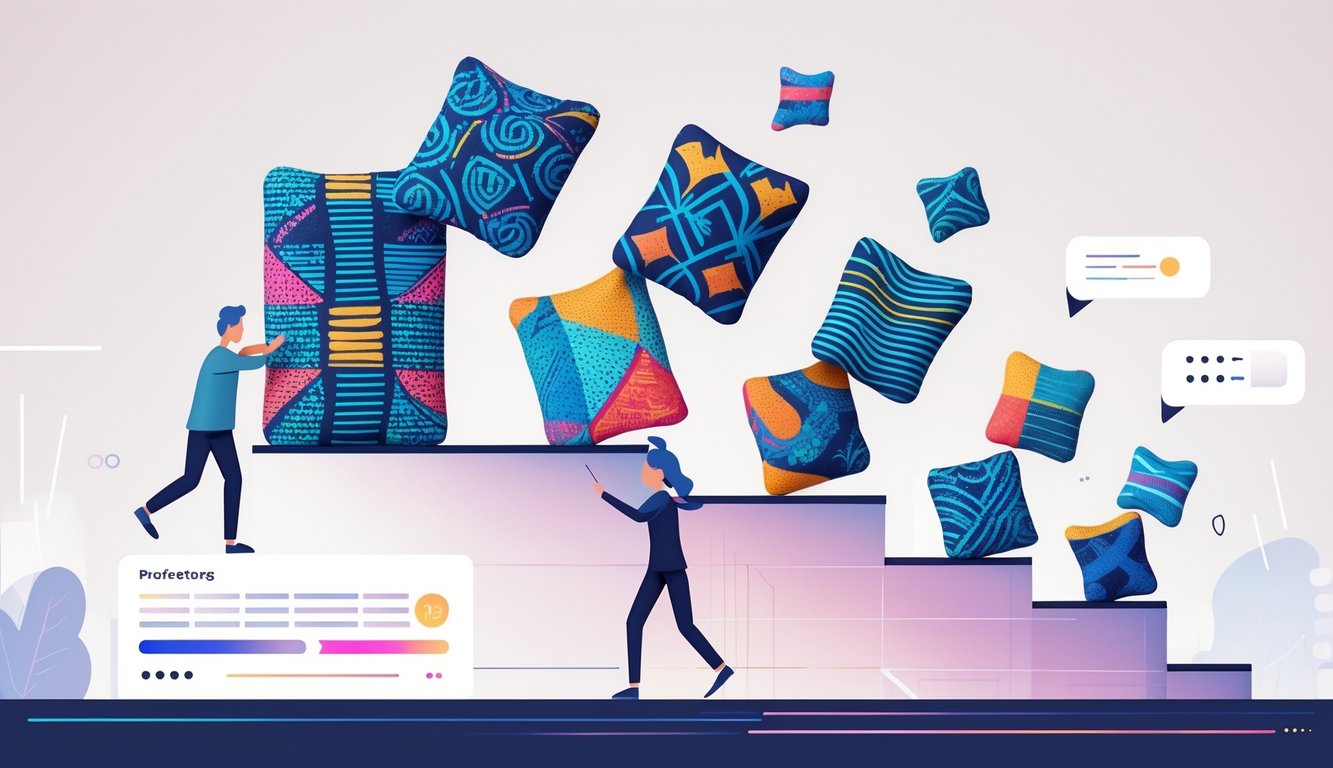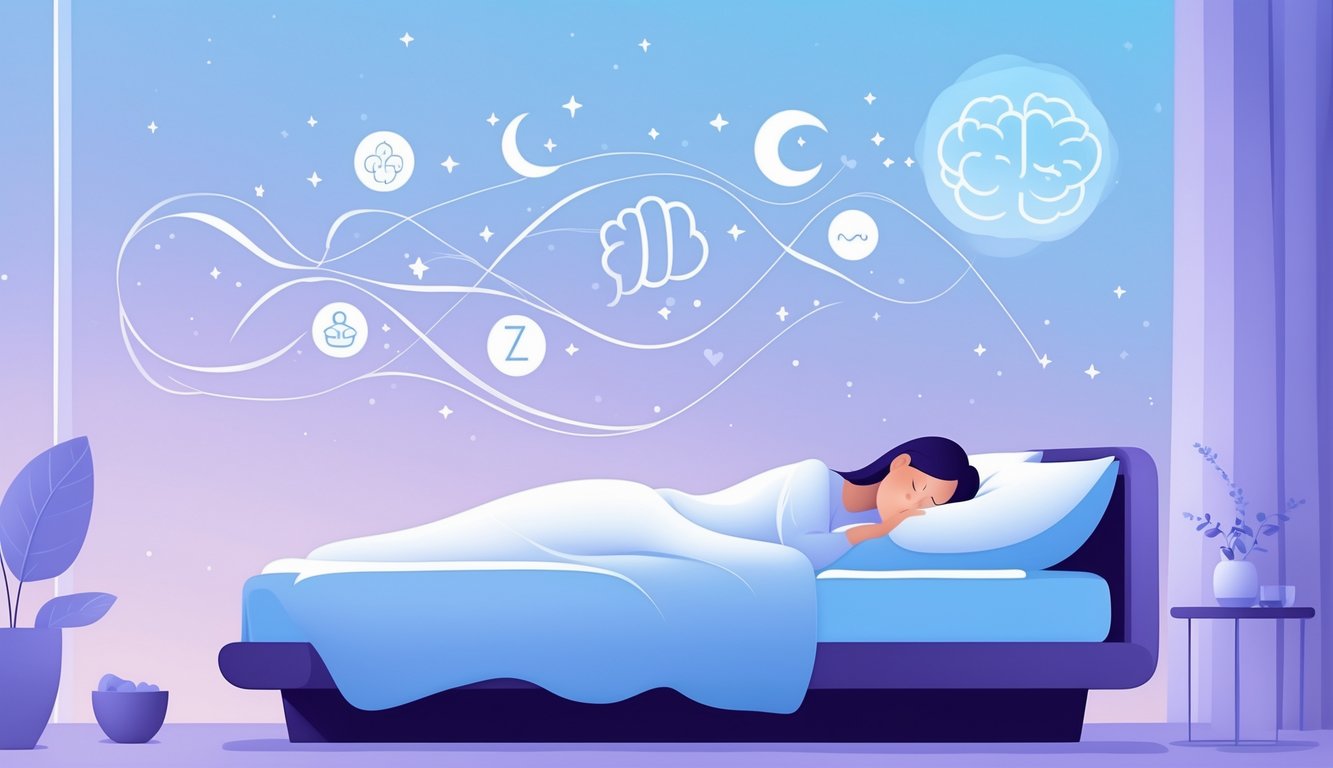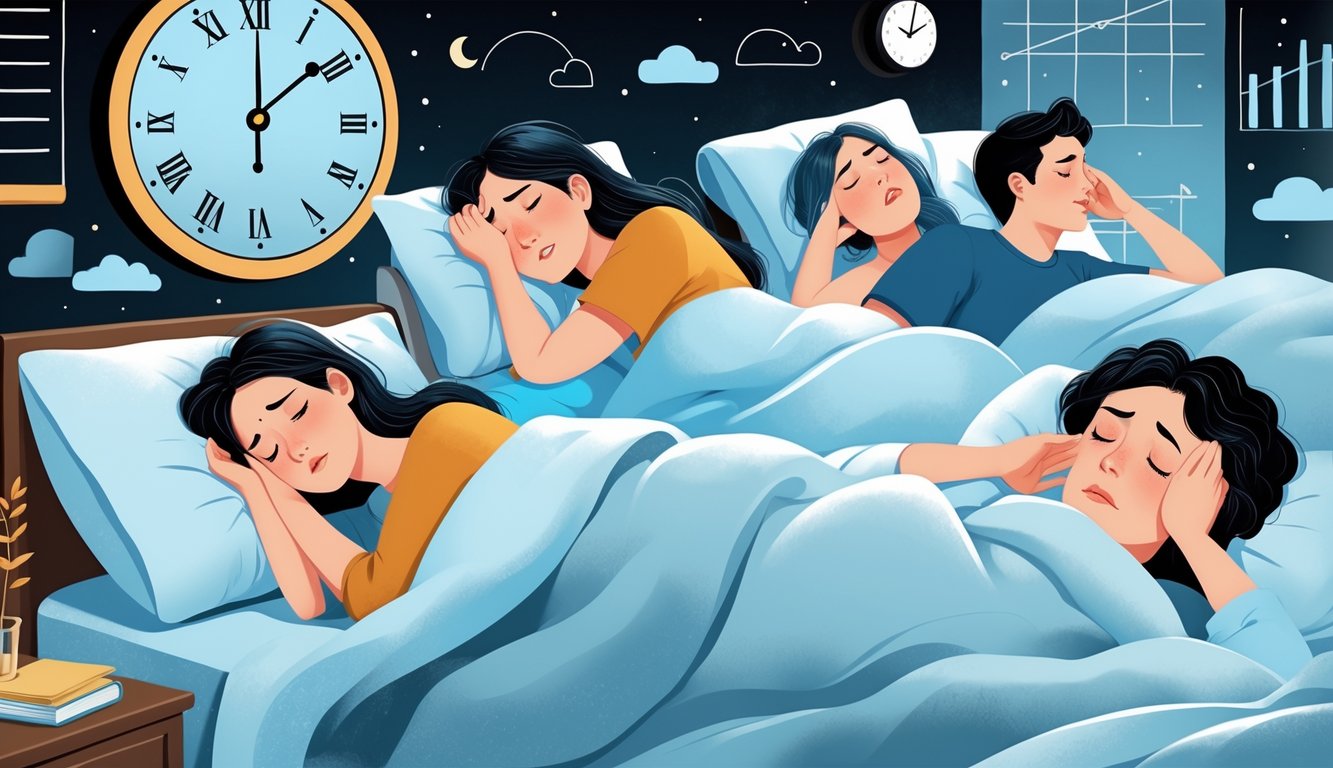
Consequences of Shifting Sleep Patterns
Nobody warned me that flipping day and night would wreck my routine this much. “Tired” doesn’t even cover it—metabolic chaos, blood pressure spikes, weird blood sugar swings. Doctors start using words like “metabolic syndrome” and everyone else just shrugs.
Health Outcomes Linked to Altered Patterns
Metabolic syndrome—sounds fake, right? It’s not. Journal of Clinical Sleep Medicine points out that working shifts cranks up diabetes risk—no exaggeration. Poor sleep links to more diabetes, heart problems, even hypertension. My cousin’s cardiologist won’t shut up about how night shifts spike blood pressure. Blackout curtains don’t fool my brain.
Heart issues, belly fat, lab results that make doctors whisper—are we just supposed to ignore this stuff? UCLA Health says night-shift workers are three times likelier to get diagnosed with shift work sleep disorder (UCLA Health). Chronic, apparently. If I’d known, maybe I’d have bought blackout shades earlier. Or maybe not.
Managing Chronic Conditions
Last fall, I got dragged in for a diabetes screening. The nurse basically said rotating shifts guarantee your blood sugar creeps up before you even notice. She was not joking. My endocrinologist made me log sleep hours as religiously as carbs. Spoiler: I forget both, end up reading sleep studies at 3 a.m. (PubMed).
Meds for high blood pressure or diabetes? Nightmare. Noon one week, 8 p.m. the next—my pillbox is Tetris. Clinical Sleep Medicine says changing work schedules helps, but honestly, I’d pay for an alarm that just fixes my circadian rhythm without a subscription.
Which comes first, bad sleep or high A1C? Nobody agrees. My neighbor swears meal timing helps, but she’s microwaving dinner at 2:15 a.m. Specialists warn that ignoring sleep means all those expensive treatments won’t work right—a real confidence boost, thanks.
The Connection Between Sleep and Mental Health

Answering emails at 2 a.m.? My brain’s fried. I’ve read enough research to know bad sleep tanks mental health, and no, it’s not “just in your head.”
Depression and Sleep Disorders
Missed another deadline last Thursday—insomnia, again. There’s a mountain of data showing sleep problems and depression are tangled up together. One meta-analysis says fixing sleep quality drops depression scores. Not rocket science.
Here’s the kicker: 75% of people with depression have insomnia. Not just a side note—they’re up at 3 a.m., dragging all day. Sleep apnea sneaks in, too, and fixing that can totally change your mood. Vitamin D gets tossed around as a fix, but honestly, there’s no proof it’s a magic bullet for sleep-related depression.
Biggest myth? More sleep is always better. Nope. Consistency matters more. One study found that random sleep schedules mess with your mental health, even if you hit the “right” number of hours. Makes as much sense as my color-coded spreadsheet system—great until you have to actually follow it.
Cognitive Function and Sleep Quality
My memory’s garbage after four hours of sleep, but it’s not much better after ten restless ones. So, let’s drop the “just sleep more” advice. Bad sleep wrecks focus, problem-solving, memory. Recent research says sleep quantity and quality matter way more than my favorite productivity app.
Lisa, my sleep tech friend, says blue-light glasses won’t save you if your routine’s a disaster. People keep chugging energy drinks for brain fog, but chronic bad sleep just ramps up anxiety and maybe even long-term brain decline. Wouldn’t a shortcut be nice? Too bad—no supplement or to-do list hack beats regular, deep sleep. Even those endless online brain games flag bad sleep before anything else.
Last week, I microwaved my wallet. I blame the sleep, not the microwave. (But maybe also the microwave.)
Common Sleep Problems and Their Effects

Seriously, why does everyone act like sleep is just something you “do” or “don’t do”? It’s chaos. Patterns, racing thoughts, random wakeups. Light sleepers, night owls, insomniacs—everyone’s got a different mess, and none of it fits in a neat little box.
Insomnia and Poor Sleep
Insomnia. Yeah, so, not just “I can’t fall asleep”—it’s the whole waking up at 2:18, 3:41, 4:19, and every single time you check the clock, it’s like a personal insult. Supposedly only 10% of adults in the U.S. have “chronic insomnia” (according to the white coats at big hospitals), but honestly, that’s got to be off. I’d put money on it—probably half my kitchen drawer full of half-used sleep teas. You end up stumbling around, grabbing whatever supplement some sketchy influencer swore by, all because you’re desperate.
It’s not just being tired, either. It’s like—my back hurts, my focus is shot, my skin’s throwing a tantrum, and somehow I’m supposed to bring my “A-game” to life? Right. When I miss the deep sleep stuff, my blood pressure creeps up, and apparently, chronic illnesses show up earlier. Sleep doctors now talk about “personalized sleep plans” based on your actual sleep pattern (there’s a 2024 review—four sleep archetypes, whatever that means), but who’s got the energy to decode their own sleep style?
My friend said her Apple Watch “sleep tracking” just made her more stressed. I tried those guided meditations, but all those soothing voices did was remind me about work emails, so I gave up and just started wearing blue light glasses I bought off Instagram. Pointless? Maybe. Also, my cat? Never has this problem. Unfair.
Light Sleepers vs. Night Owls
Being a light sleeper is just…a curse. Sorry, but it is. Every fridge hum, floorboard, or weird sock crease turns into a full-on wake-up call. You just keep cycling through shallow sleep, and honestly, sometimes I wake up more tired than I went to bed. Makes mornings a nightmare and meetings even worse.
Night owls always brag about their “midnight creative bursts,” but try telling your boss you’re not functional until after lunch. Good luck. Studies say night owls get like 90 minutes less sleep than the early birds, and apparently, you can mess up your body clock for good. Blackout curtains, magnesium sprays, silk masks—none of it rewrites your biology. Experts always recommend “gradual routine shifts,” but has anyone actually stuck with those? I haven’t.
Scrolling at 2 a.m., I’m suddenly starving. Why does that happen? It’s funny until you’re dragging yourself through a moody morning, and then the “just go to bed earlier” advice feels like yelling at an old alarm clock. Useless.



